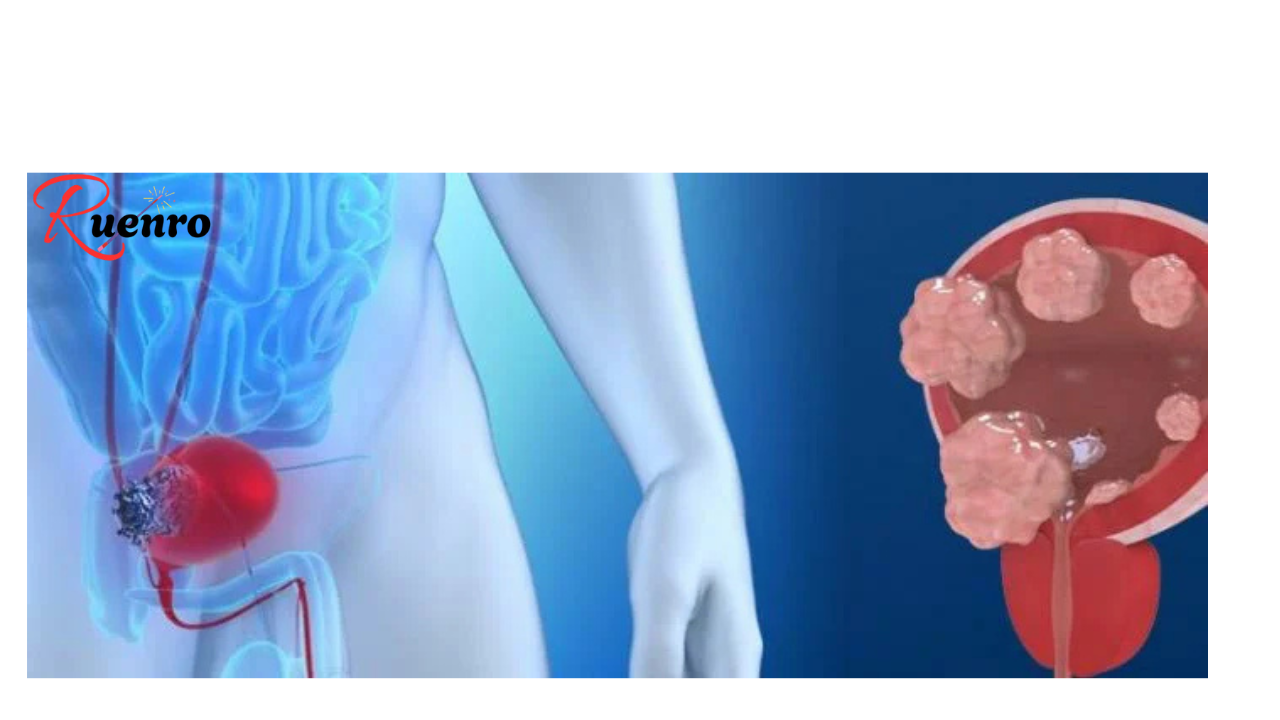You’ve probably experienced it before — that strange, sudden jolt right as you’re drifting off to sleep. One moment, you’re relaxed and half-dreaming; the next, your body twitches violently, startling you awake. For a split second, it might even feel like you’re falling. This mysterious phenomenon is known as a “hypnic jerk” or “sleep start”, and while it can be surprising, it’s actually very common — and usually harmless.
Let’s explore what causes this nighttime body jerk, why it happens, and when it might be a sign of something more.
What Is a Hypnic Jerk?
A hypnic jerk is an involuntary muscle spasm that occurs as you’re transitioning from wakefulness to sleep, specifically during the first stage of sleep (called N1). It’s often accompanied by a sensation of falling, a vivid dream image, or even a quick gasp or heartbeat spike.
According to sleep researchers, up to 70% of people experience hypnic jerks occasionally, while some feel them more frequently. These jerks are completely normal and are simply your brain and body’s way of adjusting as you move from alertness into rest.
What Happens in Your Body When It Jerks?
When you begin to fall asleep, your brain starts to slow down, your muscles relax, and your breathing becomes steadier. But sometimes, your brain misinterprets this relaxation as a sign that you’re falling. In response, it sends a sudden burst of energy through your nerves, causing your arms, legs, or entire body to twitch or jerk.
It’s almost like your body is giving you a quick wake-up call — a leftover reflex from ancient times when falling out of a tree while resting could mean danger. Even though modern humans no longer sleep in trees, that primitive reflex remains in our nervous system.
Common Triggers of Hypnic Jerks
While these sleep twitches are generally harmless, they can be triggered or worsened by certain lifestyle habits or stressors. Here are the most common causes:
1. Caffeine and Stimulants
Consuming caffeine, nicotine, or energy drinks close to bedtime keeps your nervous system active. This makes it harder for your body to fully relax, increasing the chance of a sudden muscle spasm as you start to drift off.
Tip: Avoid caffeine and stimulants at least 6 hours before bedtime.
2. Stress and Anxiety
If your mind is racing or you’re feeling tense, your brain remains partially alert even as you lie down. This heightened activity can confuse your nervous system and trigger hypnic jerks more often.
Tip: Try deep breathing, meditation, or gentle stretching before bed to calm your mind.
3. Exhaustion or Sleep Deprivation
Ironically, being overtired can actually make hypnic jerks worse. When you’re extremely fatigued, your body tends to crash quickly into deeper sleep stages, and your brain might “misfire” during that rapid transition.
Tip: Maintain a consistent sleep schedule and aim for 7–9 hours of rest per night.
4. Intense Exercise Late at Night
Working out too close to bedtime keeps your muscles stimulated and your heart rate elevated, even after you’ve finished exercising. This can lead to involuntary muscle contractions when you finally try to relax.
Tip: Finish heavy workouts at least 3 hours before bed, or stick to light stretching or yoga in the evening.
5. Alcohol or Certain Medications
While alcohol may initially make you drowsy, it actually disrupts the natural rhythm of your sleep cycle. Some medications, especially those affecting the nervous system, can also increase muscle twitching.
Tip: Limit alcohol intake and consult your doctor if new medications are affecting your sleep.
6. Poor Sleep Posture
Sleeping in an awkward position or on an uncomfortable surface can cause your muscles to tense up. When they finally release tension, that sudden change can trigger a hypnic jerk.
Tip: Invest in a supportive mattress and pillow, and find a comfortable, natural sleeping posture.
Why Hypnic Jerks Feel So Real
Many people describe their hypnic jerks as feeling like they’re falling off a cliff or tripping just before hitting the ground. This is because the physical jerk can occur right in the middle of a dream-like state. Your mind may incorporate the sensation into a short, vivid dream that ends abruptly as you wake up.
Scientists believe this is a sign that your body and mind aren’t fully synchronized during the sleep transition. The brain starts dreaming before the muscles are completely relaxed — leading to that dramatic jolt that brings you back to wakefulness.
When Should You Worry About Hypnic Jerks?
Occasional hypnic jerks are completely normal and nothing to worry about. However, if you’re experiencing them frequently or they’re interrupting your sleep on a regular basis, it could indicate an underlying issue.
You should consider talking to a doctor if:
- You experience multiple jerks every night that prevent you from sleeping.
- You have other symptoms, like leg pain, numbness, or tingling (possible restless leg syndrome).
- You take medications that seem to make the jerks worse.
- You’re dealing with severe anxiety, chronic stress, or sleep deprivation.
In rare cases, repetitive jerking or twitching during sleep can be linked to sleep disorders such as Periodic Limb Movement Disorder (PLMD) or Restless Legs Syndrome (RLS). A sleep specialist can perform tests to determine whether your nighttime movements fall into these categories.
How to Reduce Hypnic Jerks Naturally
Here are a few science-backed ways to minimize nighttime body twitches and promote better-quality sleep:
1. Stick to a Sleep Routine
Going to bed and waking up at the same time each day helps your brain recognize when it’s time to wind down. A regular schedule stabilizes your body’s circadian rhythm and reduces nighttime disturbances.
2. Create a Relaxing Bedtime Ritual
Try reading a calming book, listening to soft music, or doing deep-breathing exercises before bed. Avoid screens and bright lights — they can overstimulate your brain.
3. Avoid Stimulants in the Evening
Reduce or eliminate caffeine, nicotine, and sugar after lunch. Opt for herbal teas or warm milk instead — both can help you relax.
4. Manage Stress During the Day
Daily stress management is key. Meditation, yoga, journaling, or a simple evening walk can all help lower stress hormones that interfere with restful sleep.
5. Keep Your Bedroom Comfortable
A cool, dark, and quiet environment encourages deeper sleep. Use blackout curtains, earplugs, or white noise machines if needed.
6. Stretch or Meditate Before Bed
Gentle stretching or meditation helps release muscle tension and calm your nervous system. Try focusing on slow, deep breathing as you drift off.
The Takeaway
A sudden body jerk while falling asleep can be alarming — but in most cases, it’s perfectly harmless. Hypnic jerks are your nervous system’s natural way of adjusting as you move from wakefulness to sleep. They can be triggered by stress, caffeine, exhaustion, or even an overactive imagination.
Understanding why they happen can help you feel more at ease the next time it occurs. By maintaining a regular sleep routine, managing stress, and creating a peaceful bedtime environment, you can minimize these sudden jolts and enjoy deeper, more restorative sleep




Leave a Comment